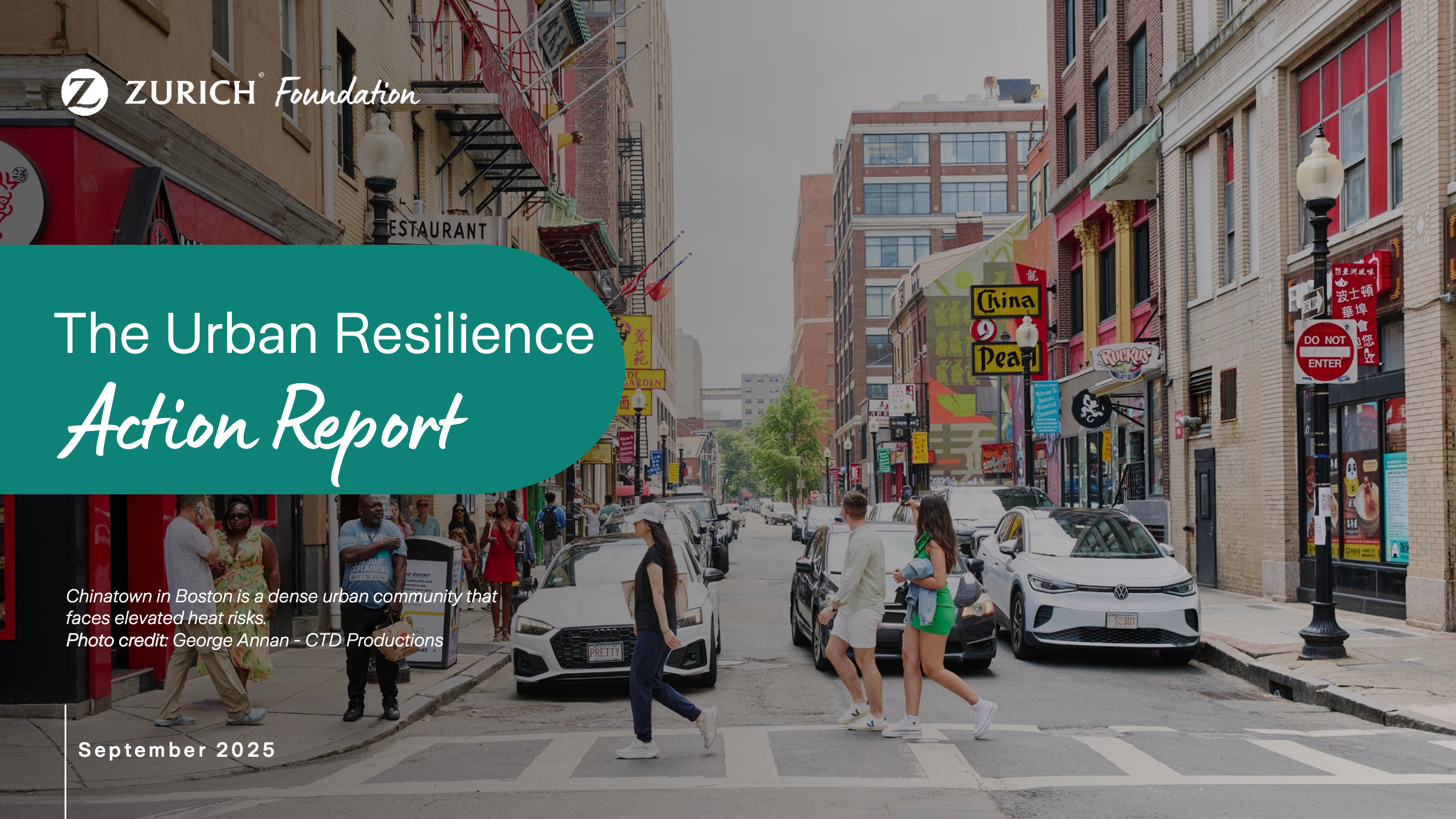
Building climate-resilient cities together
Delivery of flood response kits in Barranquilla, Colombia.
Photo credit: Colombian Red Cross
Our Urban Resilience Action Report is now available!
Extreme heat, flooding and storms are no longer rare - but resilience is possible, and it starts with us. This report highlights how communities, NGOs, the private and public sector are working together to protect the places we call home.
Discover how local action and collaboration are making communities safer and stronger with practical solutions that put people at the center.
Read the report ➡️
The Urban Climate Resilience Program
As our planet warms and weather patterns change, we are seeing more frequent and intense floods, heat waves and wildfires. The disruption caused by these events is devastating homes, disrupting communication networks and displacing people. Urban areas with higher concentrations of people and infrastructure are particularly susceptible.
With climate disasters increasingly impacting communities around the world, the need for resilient cities has never been greater.
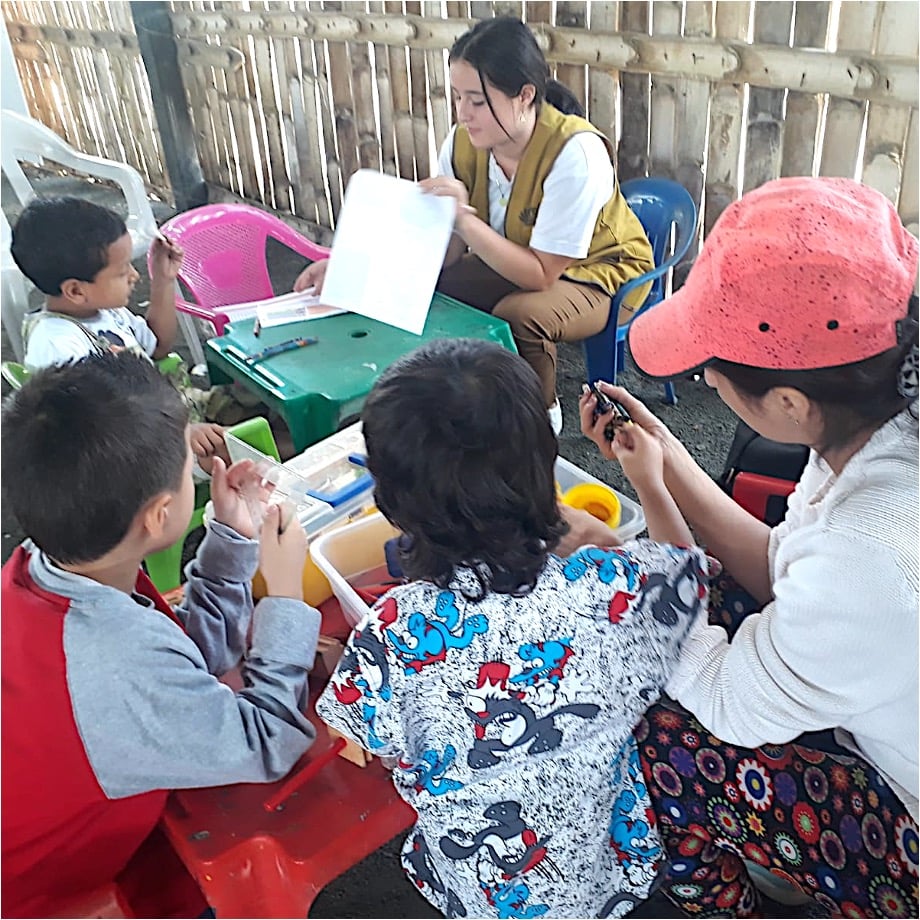 Brithany (in the yellow waistcoat) tutoring girls and boys in her community. Photo credit: Plan International Ecuador
Brithany (in the yellow waistcoat) tutoring girls and boys in her community. Photo credit: Plan International EcuadorUCRP is a community-led process - transforming the lives of the most vulnerable. This extensively-tested approach engages local communities in assessing their resilience to climate risks and co-develops prioritized solutions that build on existing strengths. The inclusive nature of the program nurtures community-local government collaboration for climate action.
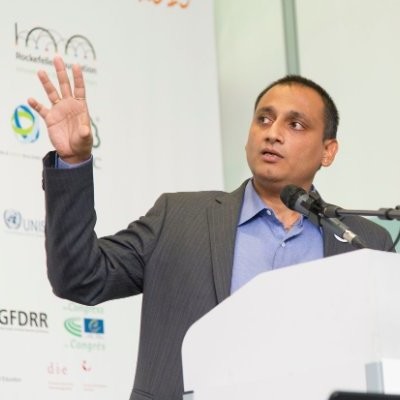
Climate change is materializing in catastrophic outcomes caused by extreme weather events: threats to peace and security, food security, health, sustainable energy supply and economic stability are at a high.
- IPCC 2022
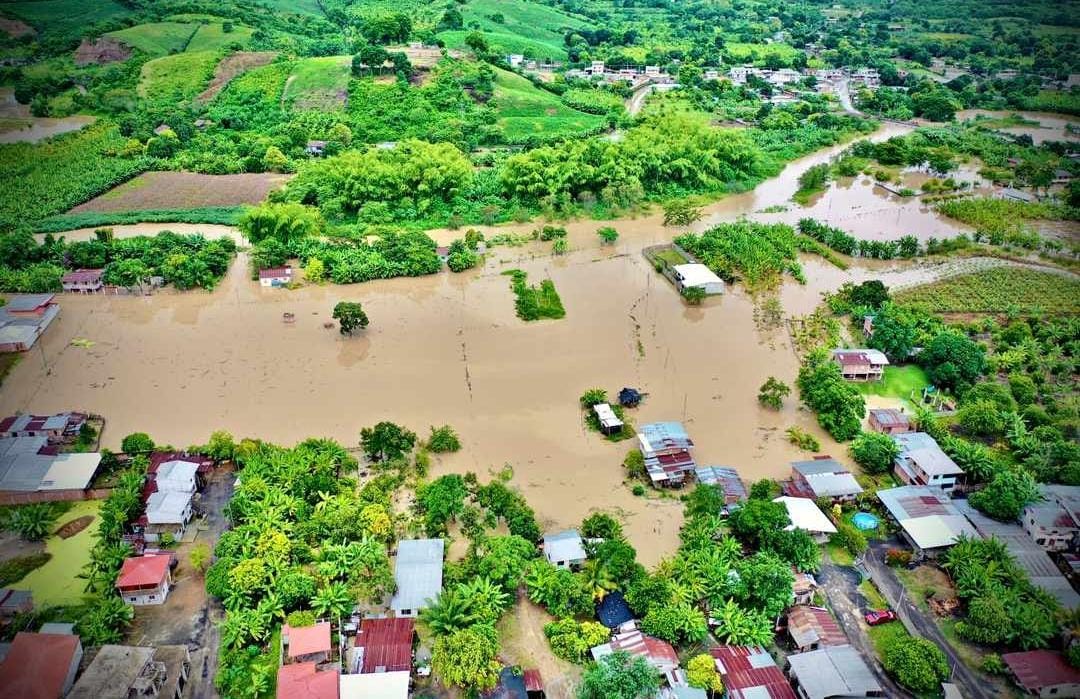 Photo credit: Red Cross Ecuador
Photo credit: Red Cross EcuadorWhat we are doing
The Z Zurich Foundation launched the Urban Climate Resilience Program (UCRP) on January 1, 2023, in nine countries around the world: Australia, Colombia, Ecuador, Italy, Malaysia, Spain, Turkey, the UK, and the US. Local launches in a number of cities have taken place throughout 2023.
Our aim is to build sustainable, resilient communities – communities that can withstand, recover from and thrive in the face of climate related disasters.
The UCRP builds upon the Foundation’s ongoing climate change work with the Zurich Climate Resilience Alliance in largely rural environments and expands into urban spaces. This initiative is a collaboration between the Foundation, local teams from Zurich Insurance and the following charitable organisations:
.png?iar=0&w=1407)
Collaboration is key
Building resilience in urban communities is dependent not only on local action, but on the systems which impact that community. By working directly through our partners with the local authorities, we aim to influence the ways in which systems can be adapted to better support vulnerable people.
Implementing customised solutions in urban areas is a multi-dimensional challenge that requires close collaboration across sectors. By fully harnessing the resources of the private sector, we can bring about lasting, sustainable change on a global scale.
With UCRP, we are working with local Zurich experts directly involved in the countries that we are operating.
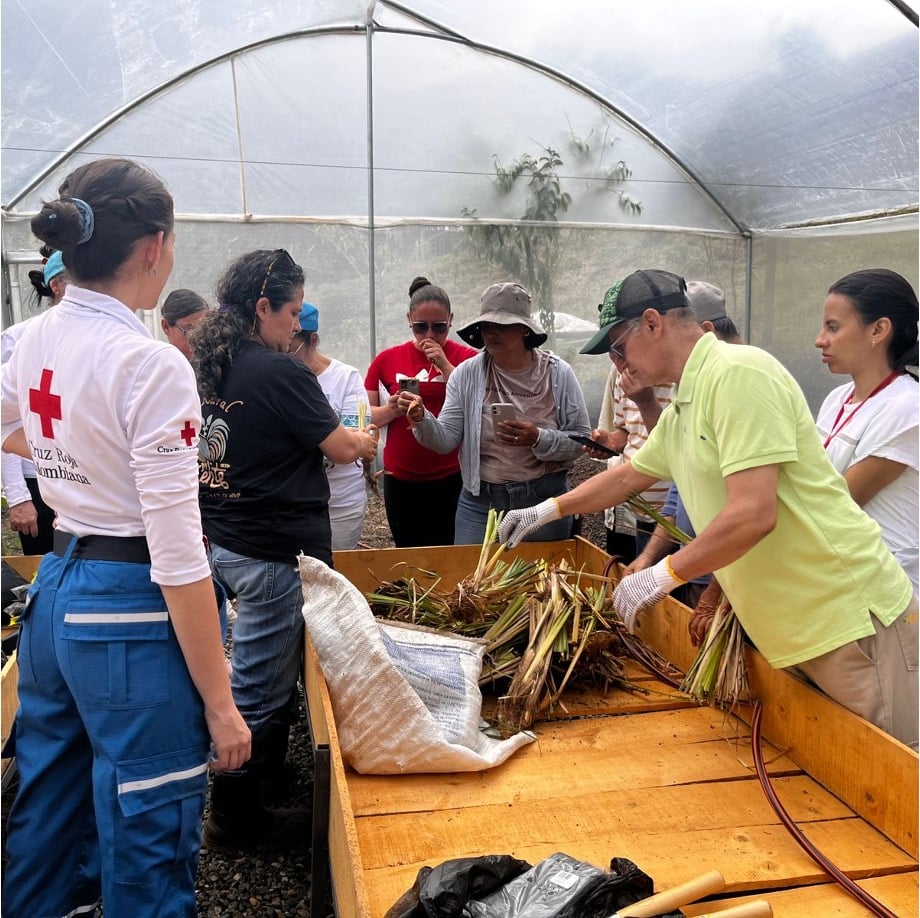 Greenhouse nursery training in Antioquia, Photo credit: Red Cross Colombia
Greenhouse nursery training in Antioquia, Photo credit: Red Cross Colombia The UCRP offers a chance to learn and engage with a diverse group of individuals united by the goal of building a sustainable and resilient tomorrow. By joining forces with the Z Zurich Foundation and our network partner, we can partake in pioneering initiatives that tackle urgent issues and support communities close to us.

A customized approach
The UCRP targets highly vulnerable urban communities which are disproportionately affected due to a number of factors. These include: poverty, lack of access to resources or information and discrimination.
Community resilience and adaptation to the impacts of climate change depends on the characteristics of each community and how they fit together. In some cases, better awareness can help people take actions to protect themselves. In others, the capacity to act is missing. Our approach analyses how the community operates during an event (such as a flood or heatwave) and helps develop the right interventions to plug those gaps. The Foundation's four-step, tailored approach helps build capacity which in turn builds resilient outcomes.
- Identify communities in need and engage with them.
- Gather information to conduct an in-depth analysis of each community’s climate-related issues.
- Plan, develop, and deliver customised solutions which enable communities to build resilience.
- Capture learning and scale the project in collaboration with public and private sector.
The UCRP is an important step in building resilient cities. By working together, we can ensure that urban communities are better prepared to cope with the challenges of a changing climate and create a sustainable future for all.
It’s important for us to think about what’s coming around the corner; how we prepare our communities for the future. The people who suffer the most are those in low-income neighborhoods and communities of color, so it is crucial for us to be part of figuring out what the solutions are.
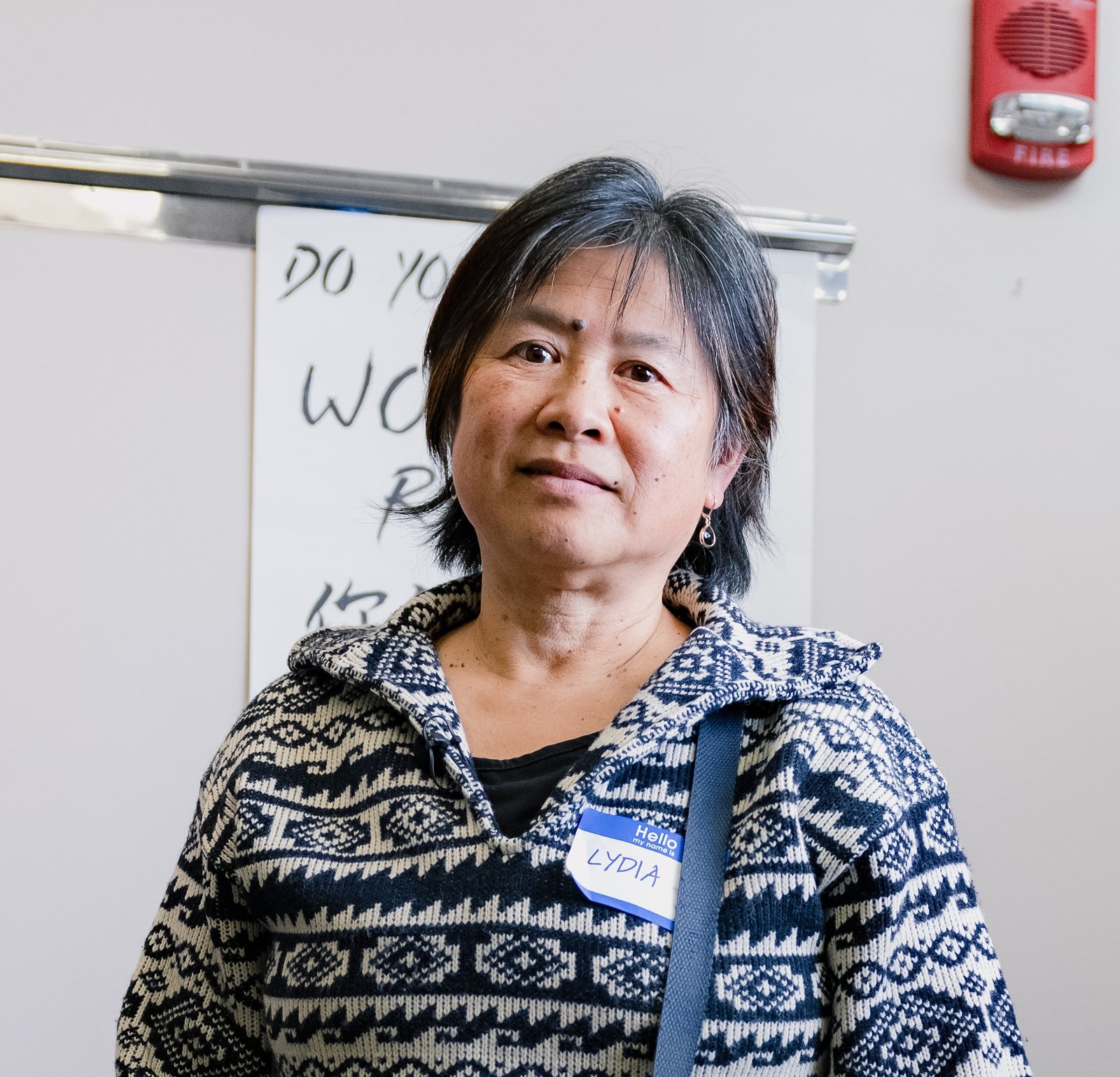
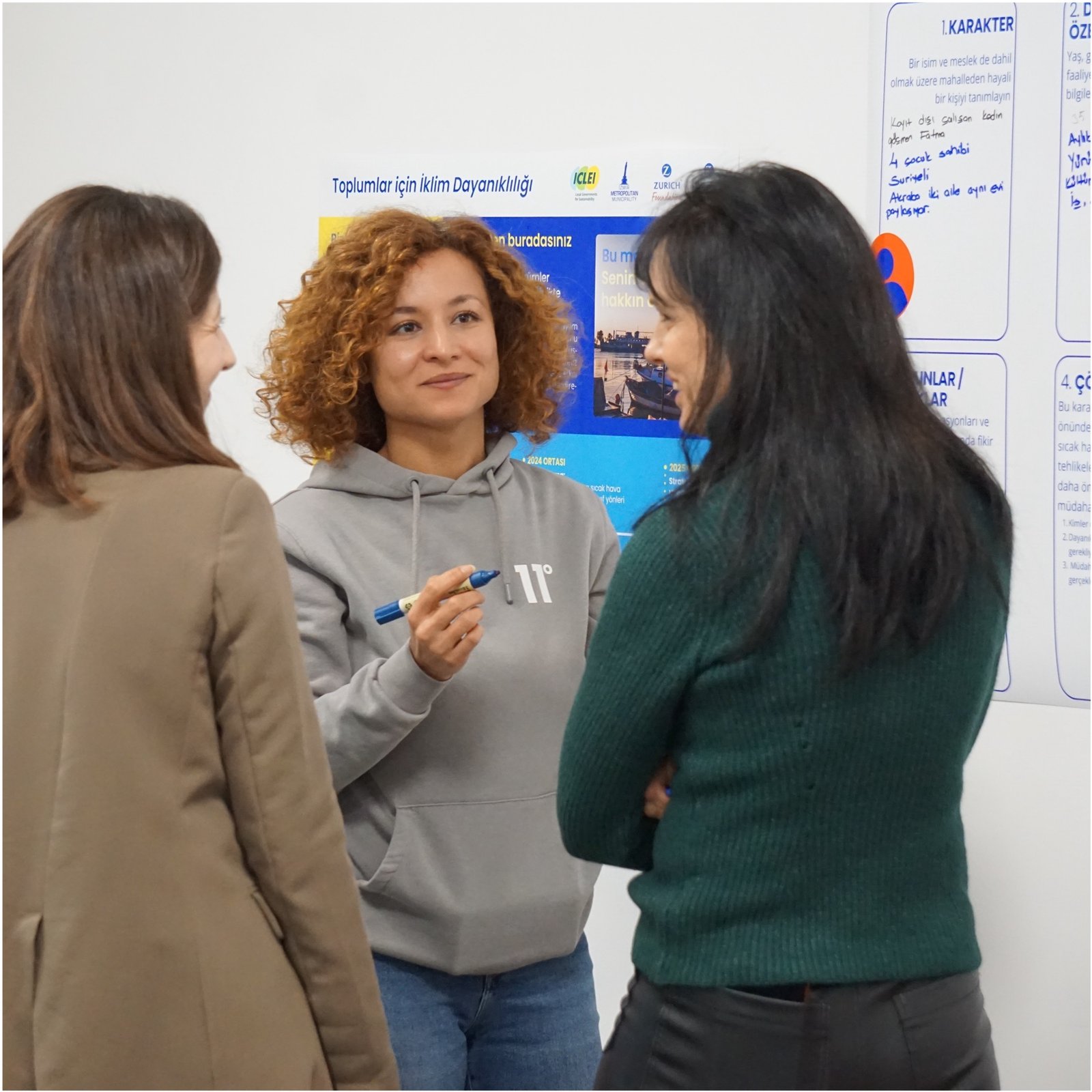 Workshop with local communities in Izmir, Türkiye, Photo Credit: ICLEI
Workshop with local communities in Izmir, Türkiye, Photo Credit: ICLEI